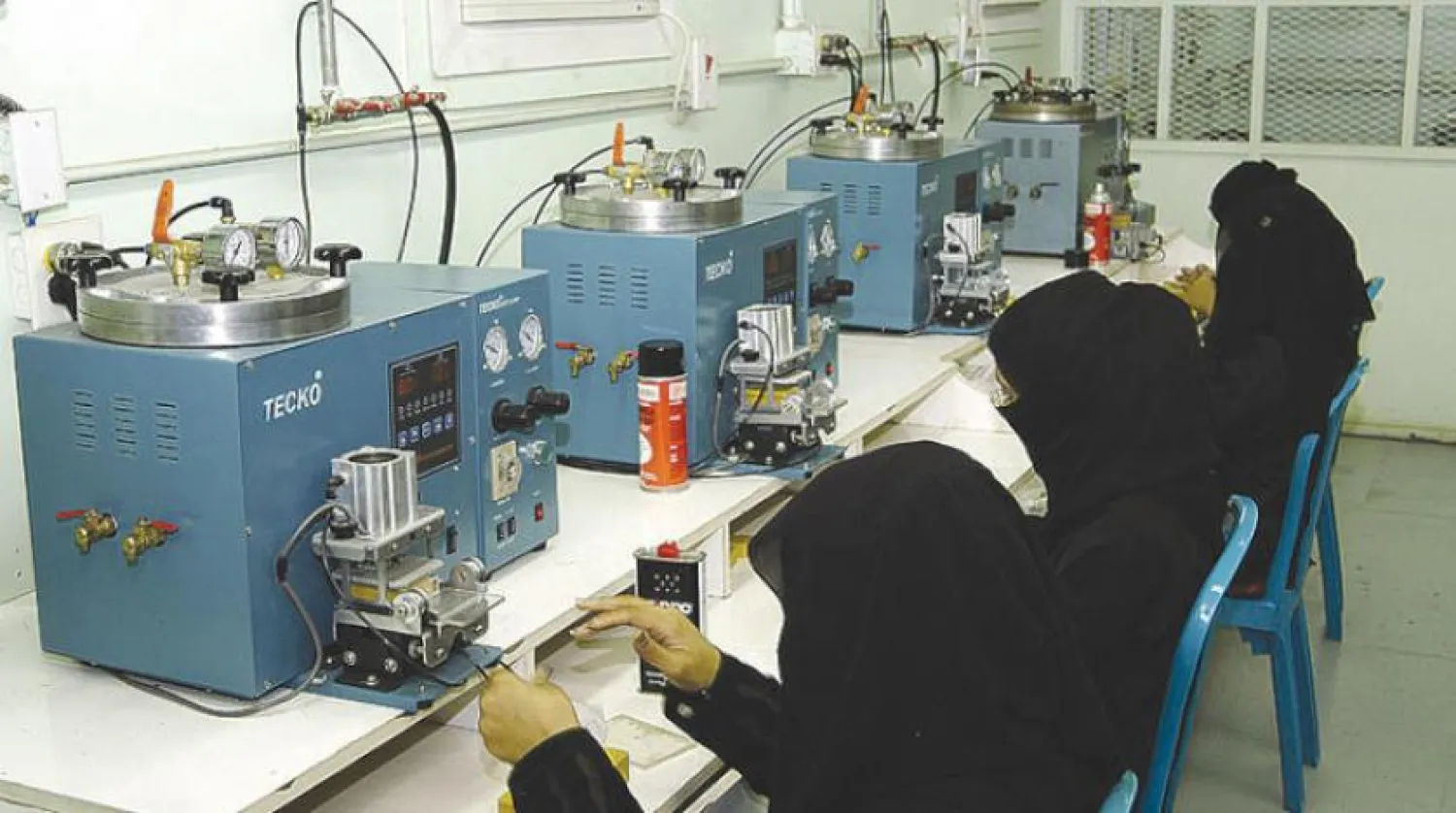The Saudi Authority for Industrial Cities and Technology Zones (Modon), in cooperation with Kafo Charity for Employing and Training, has inaugurated a specialized training center at the second industrial city in Riyadh, which aims at empowering women in the industrial sector.
Modon CEO Eng. Khalid bin Mohammad Al-Salem noted that the strategic partnership between the two sides targets developing the role of Saudi women in the national economy. This is in line with Modon’s strategy to empower industry and contribute to increasing the local content according to the initiatives assigned to it under National Industrial Development and Logistics Program (NIDLP) in accordance with the Saudi Vision 2030.
He stressed that the new center was established in the second industrial city in Riyadh to design and offer women training programs that accord with the requirements of the labor market in the industrial sector.
He added that cooperation between Modon and Kafo enhances the role of the non-profit sector in industrial cities under Vision 2030 that aims at increasing the contribution of this sector to the GDP to 5%.
Al-Salem said Modon invests in the potential and capabilities of Saudi women through providing a model environment that keeps pace with their ambitions as employees or investors in the industrial sector, noting that Modon succeeded in increasing the number of Saudi women in industrial cities by 120% over the past five years to around 17,000 employees up from 7,860.
He said that the services and products provided by Modon to empower Saudi women include an industrial oasis that includes kindergartens, cars waiting areas and medical and entertainment centers, with ready-built factories to encourage female business entrepreneurs and small and medium sized enterprises.
He noted that Modon, in December 2020, organized a specialized conference to discuss investment opportunities for women and ways to address challenges and remove obstacles that hinder the work of women in the industrial sector.
The Authority is currently working on launching the small ready-built factory product with an area of 200 square meters for the first time in the Kingdom of Saudi Arabia in the first industrial city in Dammam, he revealed.









